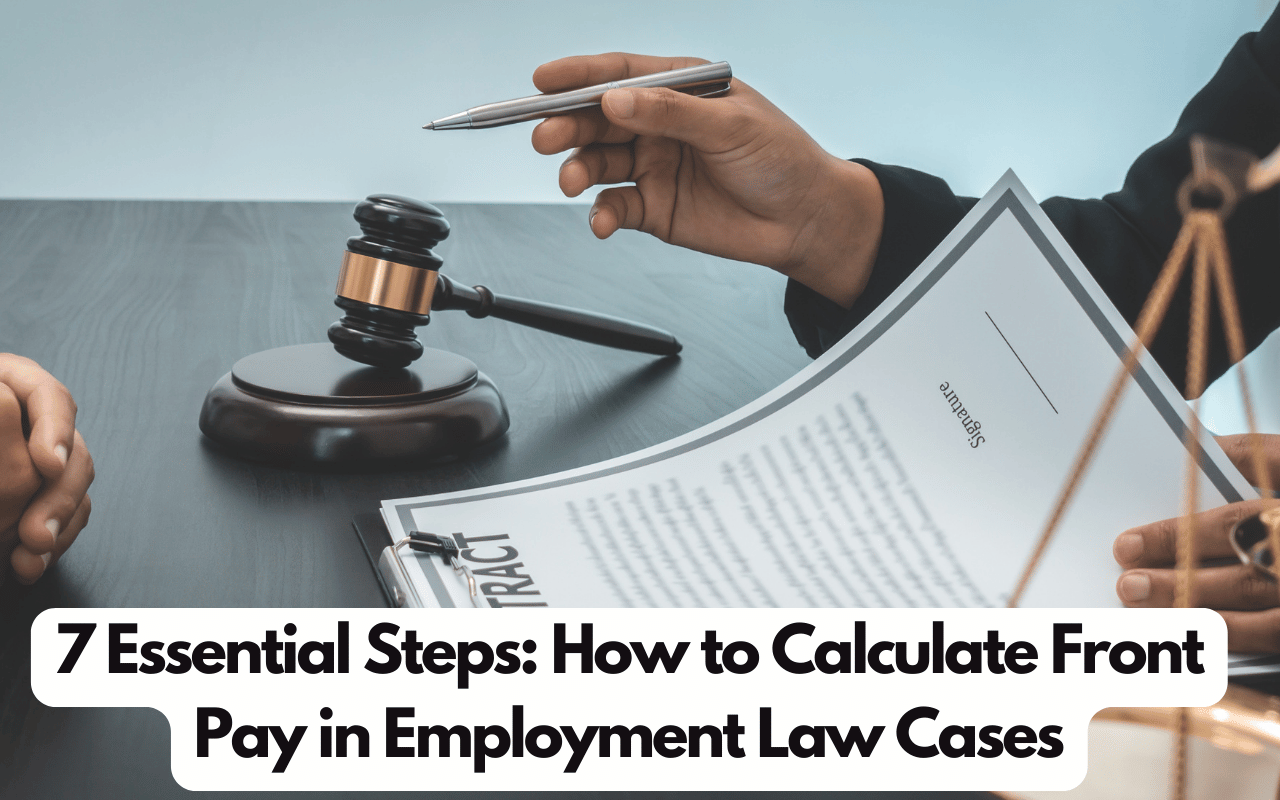How to Avoid Paying Alimony in North Carolina: 4 Legal Strategies

For many facing divorce in North Carolina, the prospect of paying alimony can be daunting. Alimony, or spousal support, is a payment from one spouse to the other to maintain the receiving spouse’s standard of living post-divorce. However, there are strategies to potentially avoid paying alimony or reduce the amount owed. In this blog post, we will explore ways to navigate alimony in North Carolina.
- How to Avoid Paying Alimony in North Carolina: 4 Legal Strategies
- Understanding Alimony in North Carolina
- Negotiating a Fair Settlement Agreement
- Proving Financial Independence
- Hiring a Knowledgeable Family Law Attorney
- Seeking Modification or Termination of Alimony
- Frequently Asked Questions
Understand the state’s alimony laws, negotiate a fair settlement, prove financial independence, hire a knowledgeable family law attorney, and seek modification or termination of alimony. By gaining insight into these key areas, individuals navigating divorce can better protect their financial interests. They can also understand their legal rights concerning alimony in North Carolina.
Understanding Alimony in North Carolina
Alimony, also known as spousal support, is a payment from one spouse to another after a divorce. In North Carolina, alimony is awarded based on several factors. These include the marriage duration, each spouse’s financial resources, and the standard of living during the marriage.
Understand that alimony is not automatically awarded in every divorce case. The court considers the specific circumstances of the marriage before deciding. There is no set formula for calculating alimony in North Carolina. The court looks at the dependent spouse’s needs and the supporting spouse’s ability to pay.
When negotiating a divorce settlement, it’s crucial to have a knowledgeable family law attorney on your side. They help you understand your rights and obligations regarding alimony. They also guide you through proving financial independence or seeking modification or termination of alimony.
| Factors Considered for Alimony |
|---|
| Duration of the marriage |
| Financial resources of each spouse |
| Standard of living established during the marriage |
- Hiring a knowledgeable family law attorney
- Negotiating a fair settlement agreement
- Proving financial independence
Negotiating a Fair Settlement Agreement
When negotiating a fair settlement agreement in a divorce, consider the best interests of both parties. Clearly understand your financial situation and the assets to be divided. Create a list of all assets, including real estate, investments, and personal property. This helps ensure both parties know the complete financial picture and prevents hiding assets during negotiation.
Consider the division of debts as well. Create a comprehensive list of all debts, such as mortgages, car loans, and credit card debt. This ensures both parties take on a fair share of financial obligations and prevents unfair debt burdens.
During the negotiation process, consider the tax implications of the settlement agreement. Certain assets and forms of support may have tax consequences. Consulting with a knowledgeable family law attorney helps ensure both parties understand these implications. This can help avoid unnecessary tax burdens.
Proving Financial Independence
When getting a divorce in North Carolina, one of the key factors in determining alimony is the financial independence of both parties. If you want to avoid paying alimony or reduce the amount you have to pay, proving your financial independence is essential.
One way to prove your financial independence is by showing that you have a stable and sufficient income to support yourself. This can be done by providing documentation of your salary, bonuses, investments, and any other sources of income. It is important to prove that you are capable of maintaining a similar standard of living post-divorce without the help of alimony.
Additionally, showing that you are managing your expenses responsibly can also help in proving your financial independence. Providing evidence of your budgeting, saving habits, and responsible financial decisions can demonstrate that you are able to support yourself without relying on alimony payments.
| Ways to Prove Financial Independence |
|---|
| Stable and sufficient income |
| Responsible expense management |
| Living within means |
- Provide documentation of salary and other income
- Show responsible budgeting and saving habits
- Live within your means
Hiring a Knowledgeable Family Law Attorney
Navigating the complexities of family law requires hiring a knowledgeable family law attorney. An experienced attorney ensures that your rights and interests are protected. They have the expertise to guide you through the legal process, whether facing a divorce, child custody dispute, or alimony issue. With their understanding of family law nuances, they provide valuable advice and representation for a fair and favorable outcome.
When hiring a family law attorney, consider their experience and track record in handling similar cases. Look for an attorney specializing in family law with a history of positive client outcomes. It’s beneficial to find an attorney familiar with the local court system and who has established relationships with judges and legal professionals in the area.
A knowledgeable family law attorney should have strong communication and negotiation skills. They must understand the emotional and financial complexities that accompany family law matters. They should effectively advocate for your interests and work towards a resolution that protects your rights and your family’s well-being.
| Benefits of Hiring a Family Law Attorney |
|---|
|
Seeking Modification or Termination of Alimony
Seeking modification or termination of alimony can be complex and challenging. With the right legal representation, achieving a fair outcome is possible. Whether you are the paying spouse seeking to reduce or eliminate alimony or the receiving spouse seeking to maintain or increase support, understand the legal standards and procedures in North Carolina.
First, gather evidence and documentation supporting the need for modification or termination of alimony. This may include financial records, employment history, medical documents, and other relevant information showing a change in circumstances since the original award. Presenting a compelling case with strong evidence is key to success.
Hiring a knowledgeable family law attorney experienced in alimony modification and termination cases can greatly improve your chances of success. A skilled attorney provides valuable guidance and advocacy throughout the legal process, ensuring your rights and interests are protected. With their expertise, they help you navigate the complexities of alimony law and develop a strategic approach to achieve your desired outcome.
| Steps to Seeking Modification or Termination of Alimony |
|---|
|
Frequently Asked Questions
What factors determine if alimony must be paid in North Carolina?
Factors such as the length of the marriage, the earning capacity of each spouse, and the standard of living during the marriage are considered in determining alimony in North Carolina.
Can a prenuptial agreement help avoid paying alimony in North Carolina?
A prenuptial agreement can outline the terms of alimony in case of divorce, potentially helping to avoid or limit alimony payments in North Carolina.
What are some strategies for avoiding alimony in North Carolina?
Strategies such as maintaining financial independence, demonstrating the ability to become self-supporting, and proving fault-based grounds for divorce may help avoid alimony in North Carolina.
Is it possible to modify or terminate alimony in North Carolina?
Under certain circumstances, such as a change in financial circumstances or the recipient entering into a supportive relationship, alimony payments in North Carolina can be modified or terminated.
What are the potential drawbacks of trying to avoid alimony in North Carolina?
Attempting to avoid alimony could lead to prolonged legal battles, damaged relationships, and increased financial strain, making it important to consider the potential drawbacks.
Are there any alternatives to alimony in North Carolina?
In some cases, distributing assets or property, creating a lump sum settlement, or utilizing other financial arrangements could serve as alternatives to alimony in North Carolina.
How important is legal representation when trying to avoid alimony in North Carolina?
Seeking legal representation from a qualified attorney is crucial when trying to avoid alimony, as they can provide invaluable guidance and support throughout the process in North Carolina.







